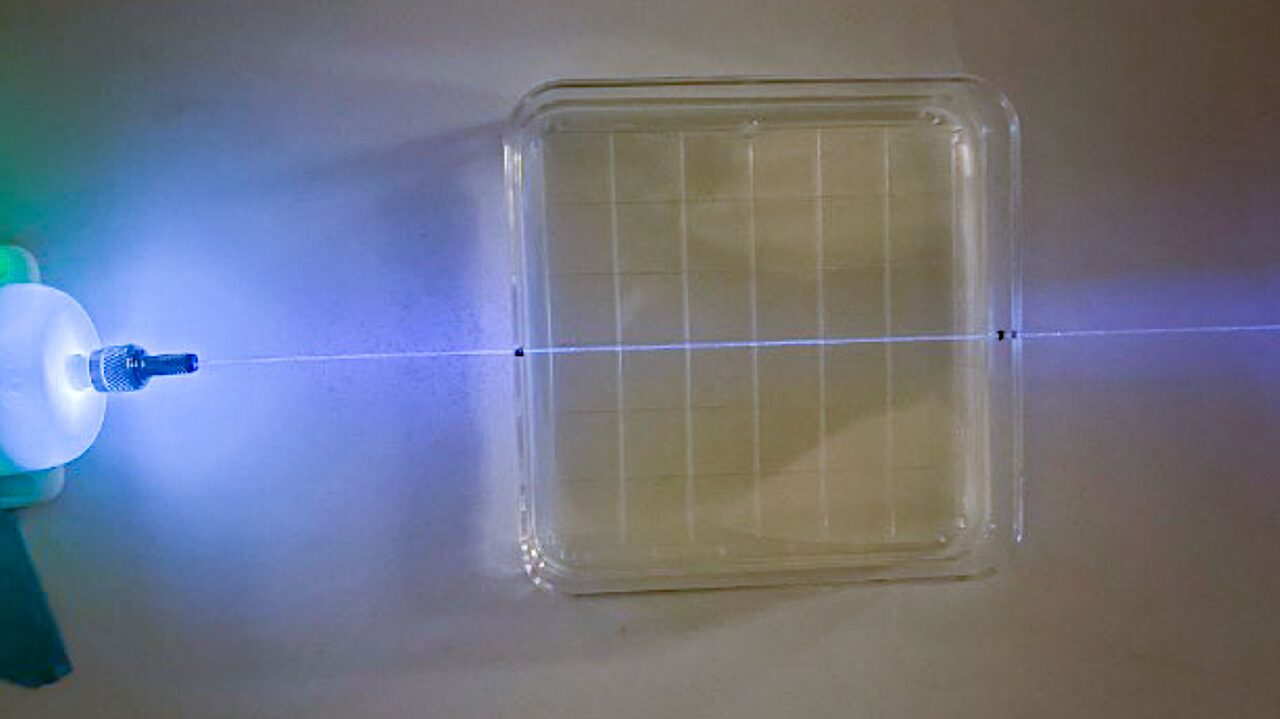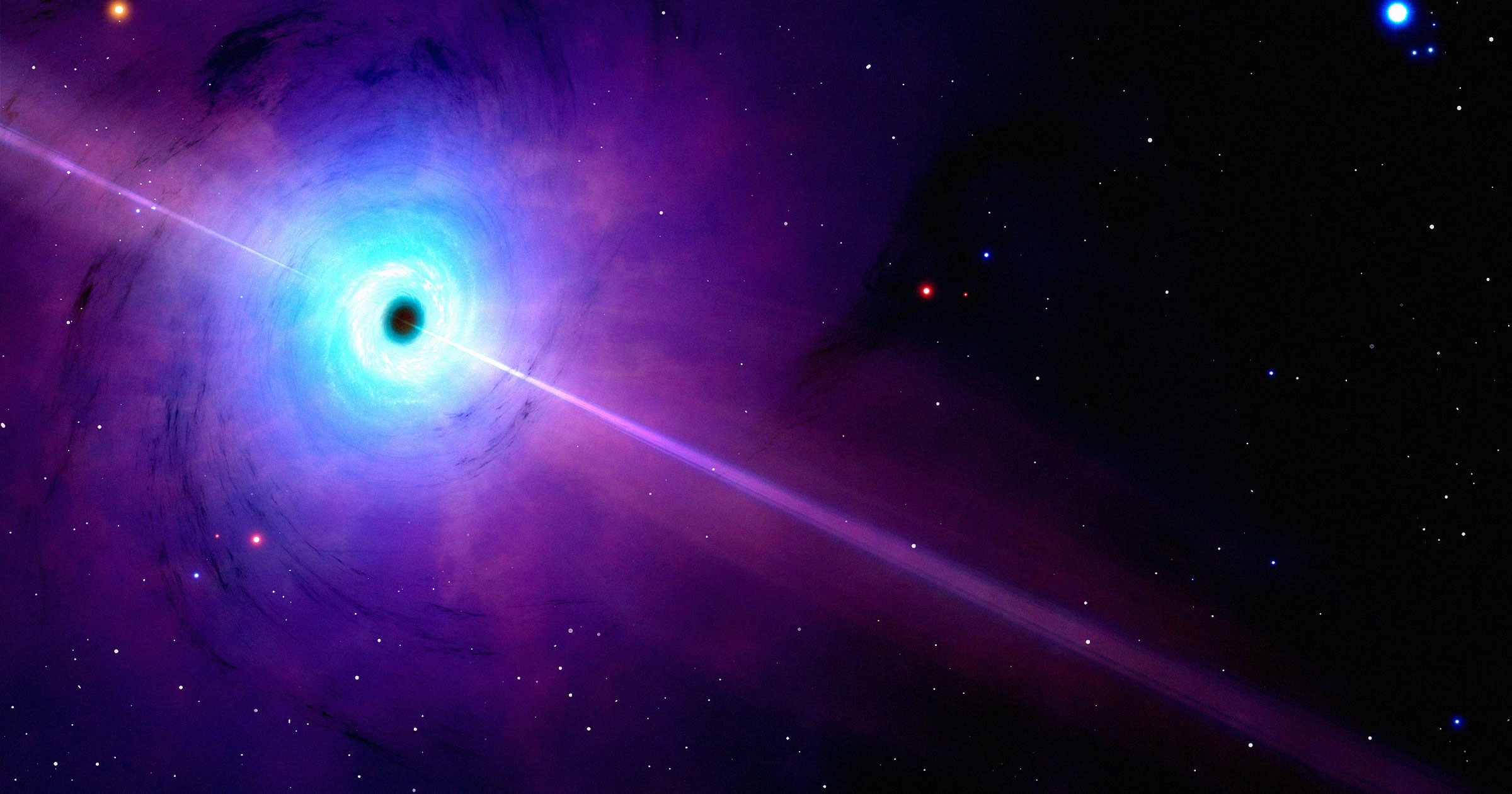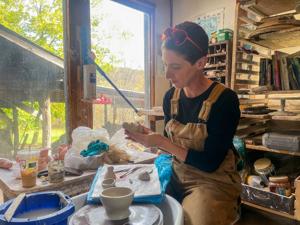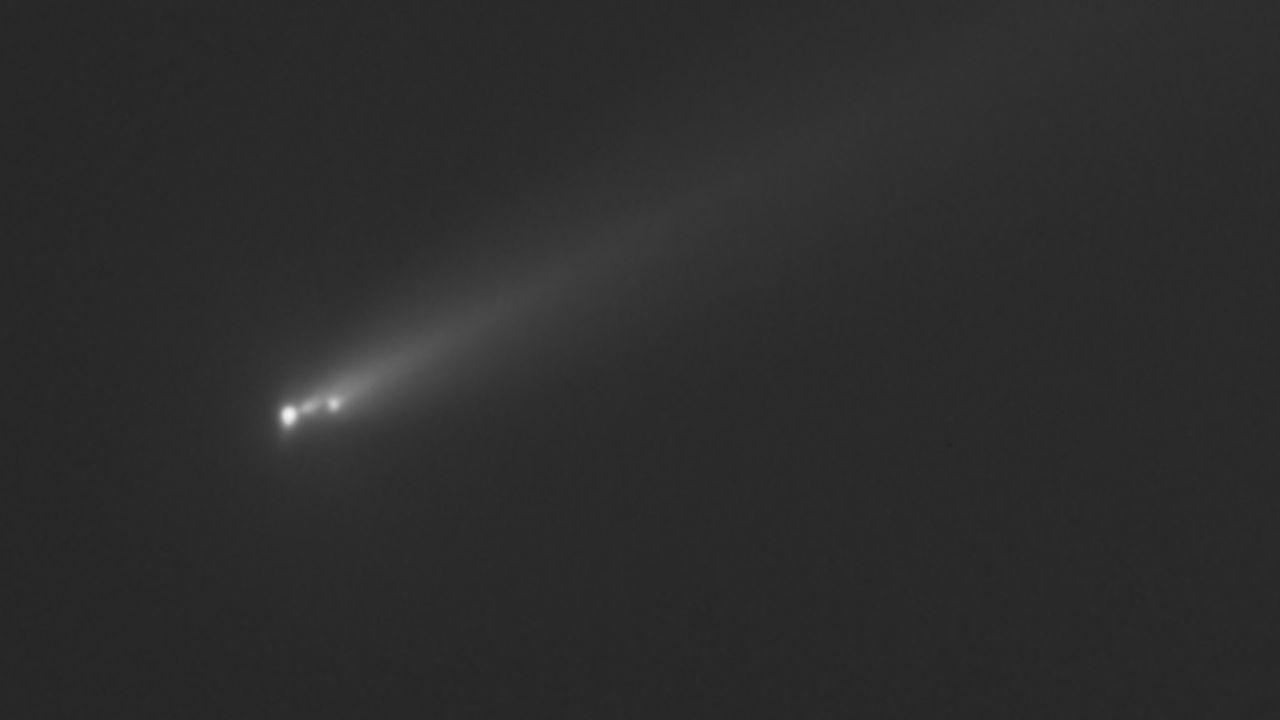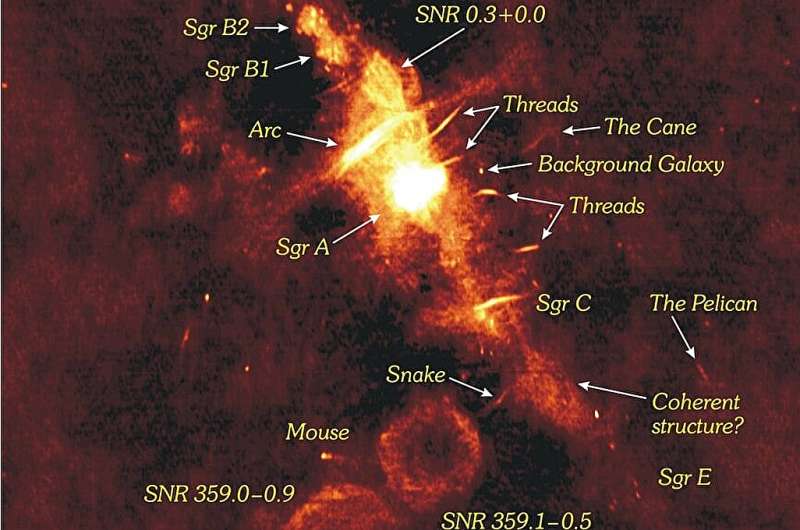The Germicidal Ultraviolet Light Biofilm Inhibition (GULBI) experiment has been successfully launched to the International Space Station (ISS) aboard the Northrop Grumman-23 spacecraft. This innovative research aims to address the formation of biofilms in microgravity, which can pose significant risks to both equipment functionality and human health. By utilizing germicidal ultraviolet light (UV-C), the experiment explores a novel approach to prevent these microbial communities from developing in space.
Biofilms, which are clusters of microbes that stick to surfaces, tend to form more readily in microgravity environments. The GULBI investigation seeks to determine how effectively UV light can inhibit the growth of these biofilms, specifically focusing on the bacterial pathogen Pseudomonas aeruginosa. The experiment involves seeding this pathogen into specially designed BioCells, which are bioreactors that allow for controlled growth conditions in orbit.
Innovative Methodology for Biofilm Research
The GULBI experiment employs a unique method whereby UV-C light is delivered through optical fibers directly into the BioCells. Researchers will expose cultures of P. aeruginosa to varying levels of UV light during the mission. Following this exposure, samples will be returned to Earth for detailed analysis. This will enable scientists to evaluate the efficacy of UV-C light in preventing biofilm formation under microgravity conditions.
The hardware components for the GULBI investigation have been developed with precision to ensure optimal performance in the challenging environment of space. The experiment underscores the importance of understanding microbial behavior in extraterrestrial settings, particularly as human missions to Mars and beyond continue to evolve.
According to researchers from Arizona State University, the insights gained from the GULBI experiment could have far-reaching implications. Not only will this research contribute to the safety and reliability of space missions, but it may also offer valuable information applicable to healthcare and other industries on Earth. Understanding how to combat biofilms effectively can lead to enhanced hygiene practices and improved management of microbial infections.
As the ISS continues to serve as a critical platform for scientific research, the GULBI experiment represents another step forward in harnessing technology to promote health and safety in space. By tackling the challenges posed by biofilms, this groundbreaking study aims to pave the way for future explorations of our solar system.
With the successful launch of GULBI, researchers are optimistic about the potential findings and their applications. The results will not only advance our understanding of microbial life in space but also foster innovations that could benefit various fields on Earth.

